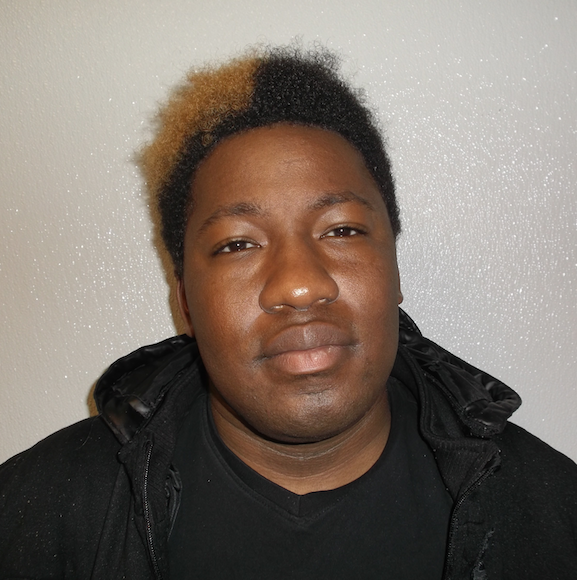WASHINGTON — Protecting children from the modern dangers of Internet predators starts at home when children are very young, says parenting blogger Leslie Morgan Steiner.
Morgan Steiner says parents have to inoculate their children from strangers who lurk on social media sites and apps by teaching their children good judgment from an early age.
“Talk to your kids really openly about the risks of social media,” she says. “Be candid without being alarmist.”
She suggests that parents tell their children that there are people in the world who prey on kids, who use anonymous apps to try to find their next victim. Parents should be straight with children: “Adults are not always honest; other kids don’t always have their best interests at heart either.”
That way, “no matter where they go or what device they’re using, you’ve imbued some common sense and judgment,” Steiner said.
As children become preteens, parents need to educate themselves on the latest research and expert advice about monitoring their children’s social media use.
Morgan Steiner says parents can find plenty of research online, but also recommends they talk to other parents about what they’re doing to monitor their child’s social media use.
Some basic tips, however, include making sure that children use their devices in a public space in the house, such as the living room or dining room table, until they’re teenagers.
That allows parents to walk by regularly and casually scope out what their child is working on.
“I think that is great,” she said. “It sends the kids the message that you care, you’re involved and that you’re going to be a responsible adult in this and help them navigate this world.”
Some phones are tailored to children ages 8 to 12 — they are inexpensive and come with built-in tools to restrict access to certain apps and sites. But as children mature, they might push back against those limitations and want their phone and access to grow with them.
Parents should consider their child’s maturity, or naiveté, the question of whether they’ve been bullied before, and what their friends are doing, before deciding how and when to allow a child expanded access to common social media services.
There is no hard and fast rule that is guaranteed to protect them on social media, she said.
“You have to look at your individual child and your family and see what works for you.”







